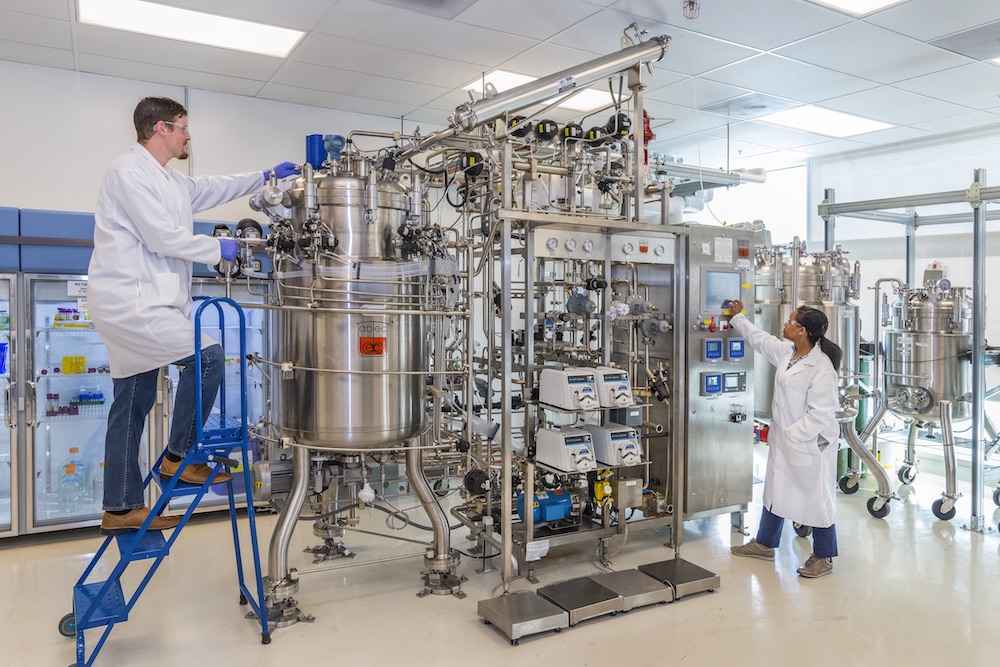
The ABPDU is a state-of-the-art facility for testing and developing emerging biofuels, bio-based chemicals, and biomaterial technologies in a process demonstration production environment.
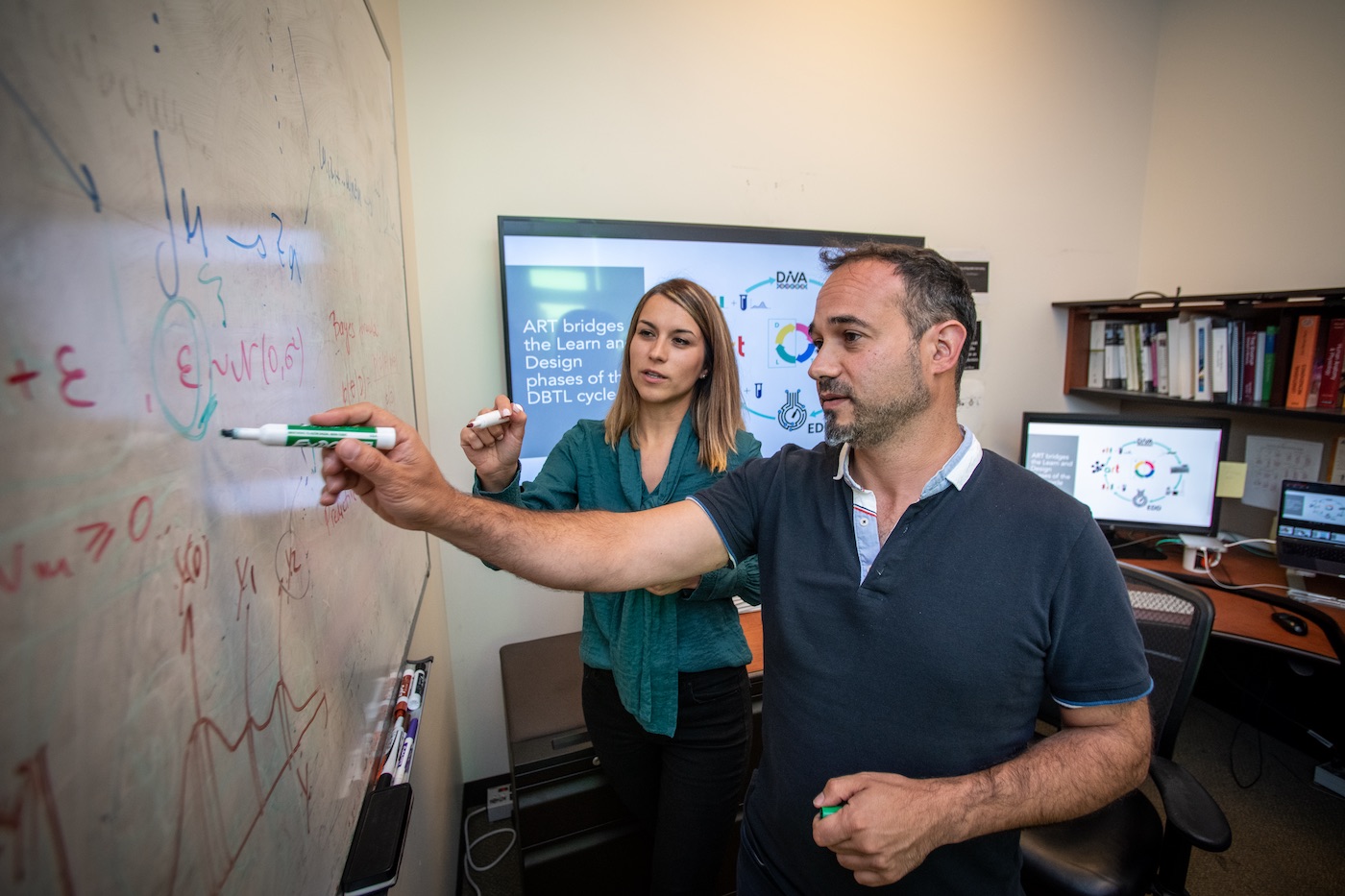
The ABF is a consortium of seven national laboratories funded by DOE’s Bioenergy Technologies Office. Its mission is to develop biomanufacturing tools, processes, and partnerships that enable sustainable industrial production of renewable fuels and chemicals for the nation.
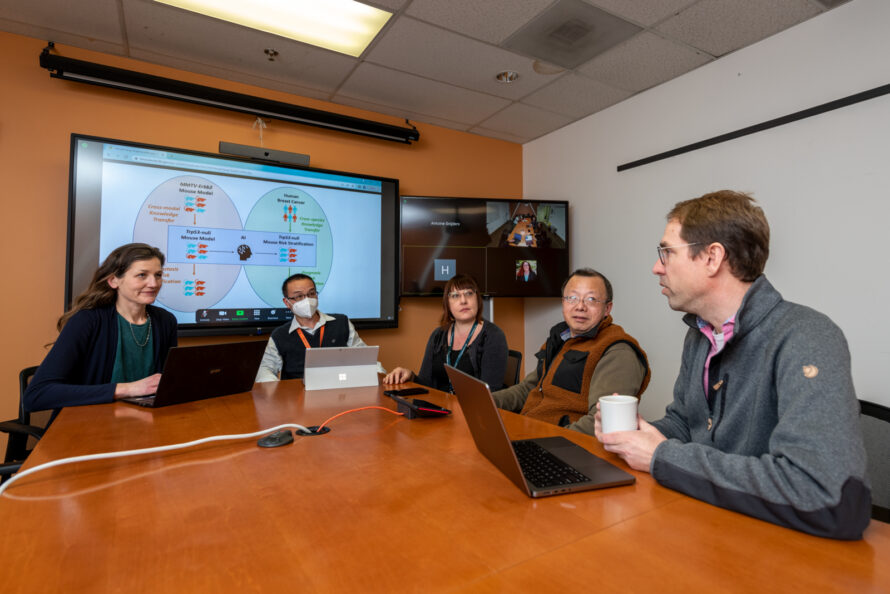
The BBDS is a central hub of research designed to facilitate and nurture data-intensive biomedical science.
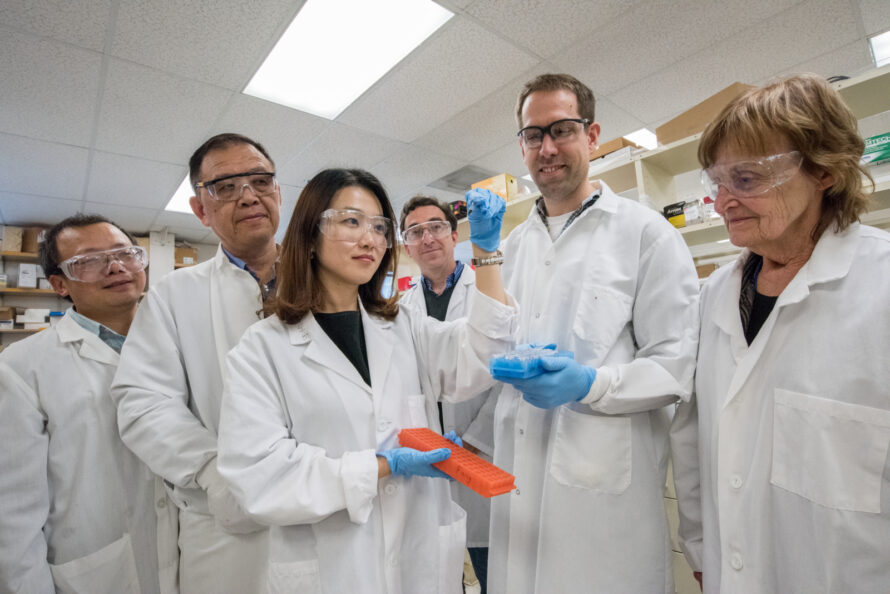
A multi-institutional consortium on thirdhand smoke (THS) research funded by California’s Tobacco-Related Disease Research Program, the focus of the program is to advance the knowledge of the biological and health consequences of THS exposure.
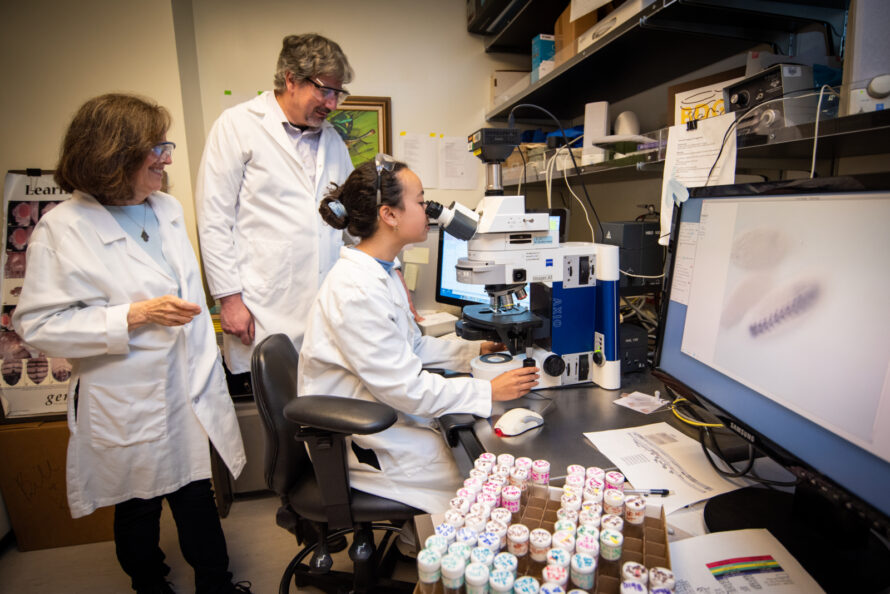
The BDGP is a consortium of the Drosophila Genome Center, funded by the National Human Genome Research Institute, National Cancer Institute, and Howard Hughes Medical Institute, through its support of work in the Susan Celniker and Gary Karpen laboratories.
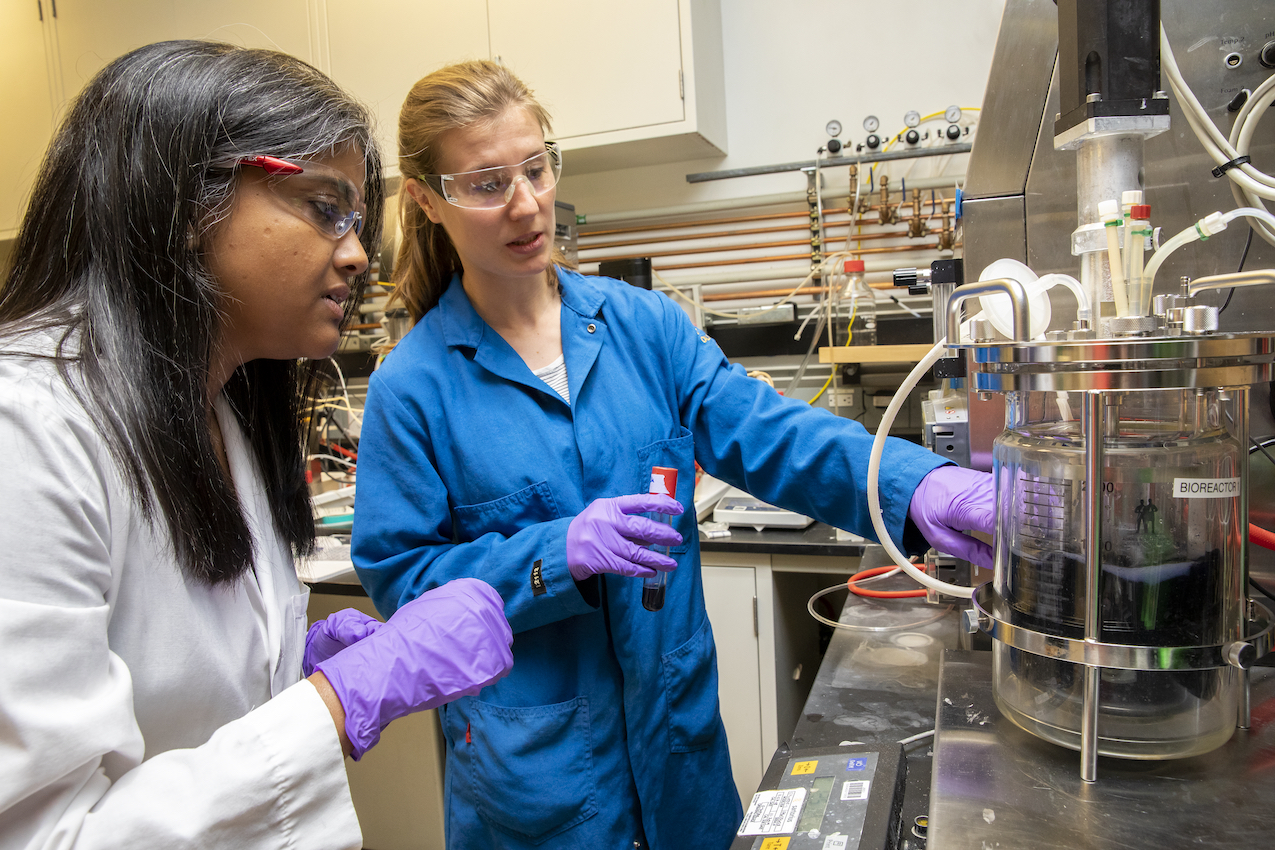
The JBEI’s scientific mission is to establish the scientific knowledge and new technologies to transform the maximum amount of carbon available in bioenergy crops into biofuels and bioproducts.
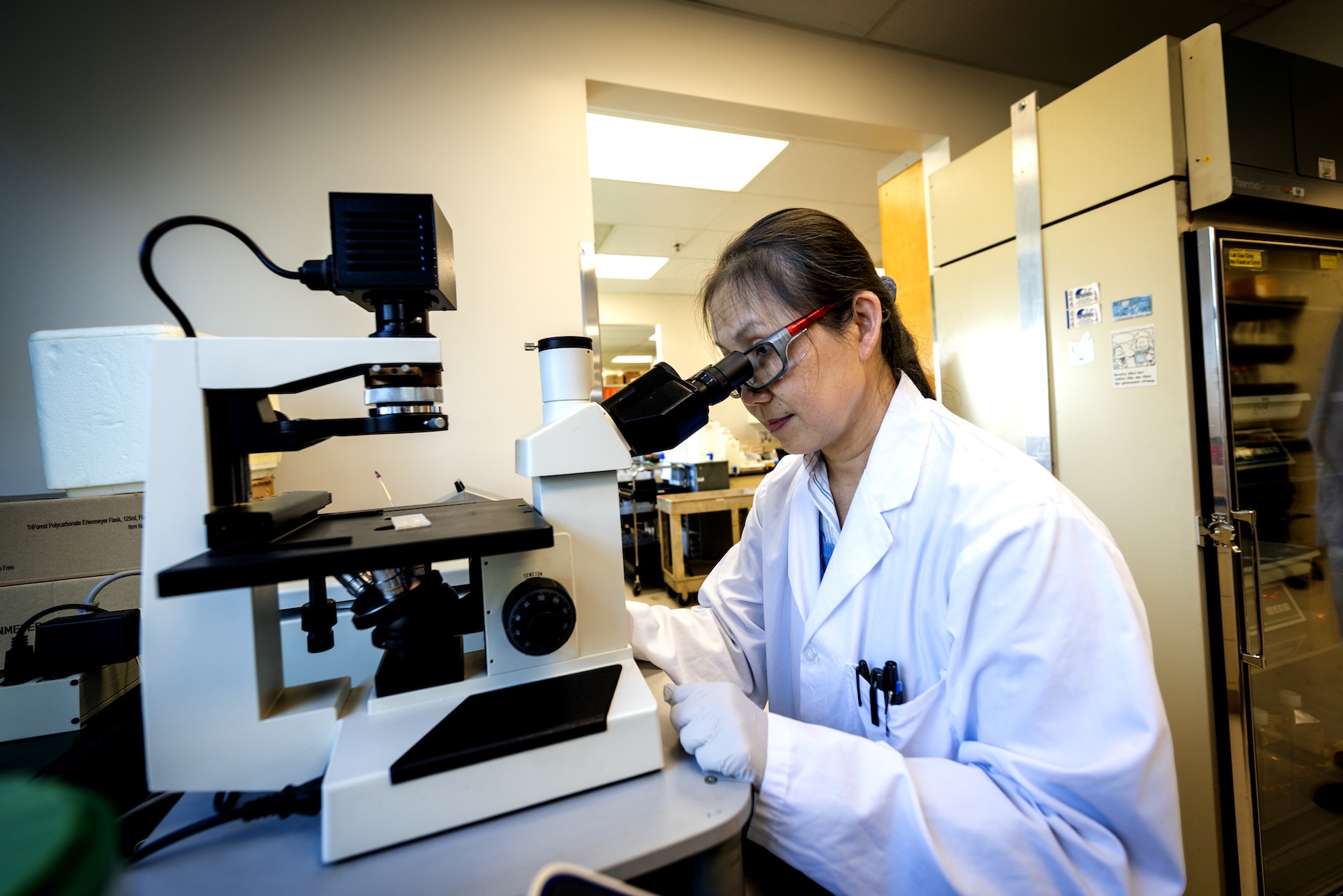
SBDR is a multi-investigator, multi-institutional, interdisciplinary effort optimized to meet the extreme challenges of characterizing transient complexes and conformations acting in DNA repair responses. The program will integrate knowledge of DNA repair proteins and pathways by analyzing keystone complexes functioning as regulatory nodes in complex cellular responses to DNA damage.



